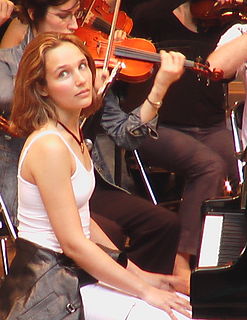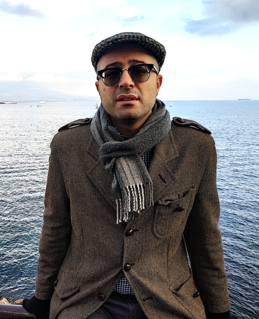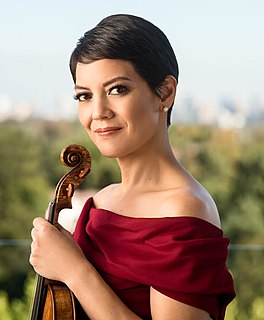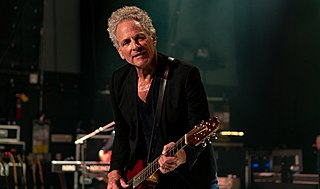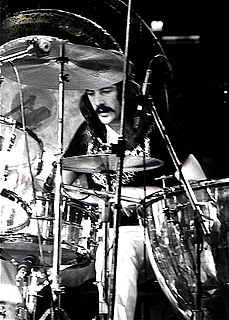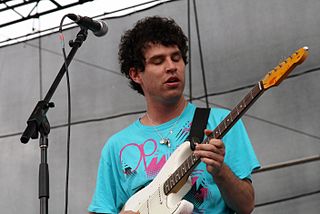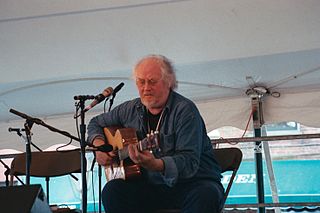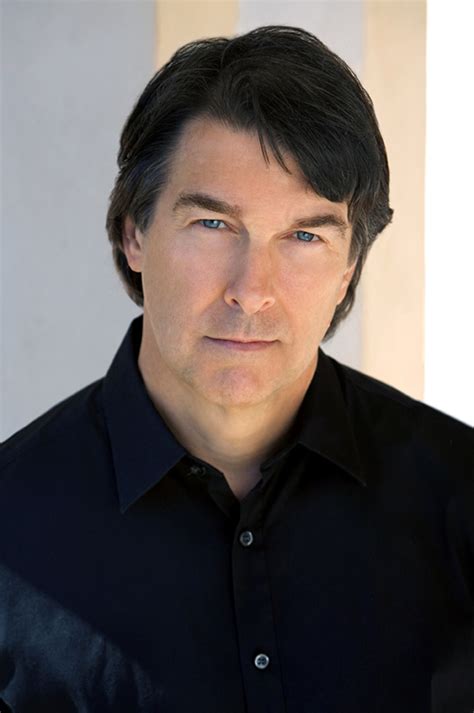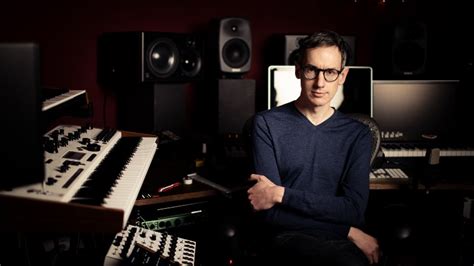A Quote by Helene Grimaud
It's so interesting, you know, whenever you read the accounts of composers playing their own music, that they had very different priorities than performers. None of them seemed too concerned about the plastic realization of their music.
Related Quotes
Composers are influenced by all the important music in their lives - and I suppose that since radio started playing popular music, that's as likely to be The Beatles or Aphex Twin as it is to be Verdi or Ravel. They'd be strange teenagers if they didn't. But cross-pollinating happens too - Aphex Twin did more interesting things with electronic music than most trained composers, who seemed to approach samplers with undue caution and reverence in those early days.
I want young Indian composers to be able to do more than just film music. I want to give them the skills that will enable them to create their own palette of sounds instead of having to write formulaic music. It doesn't matter if they become sound engineers, producers, composers or performers - I want them to be as imaginative as they like.
I think, you know, for someone who does play, let's say, old music or, you know, Baroque music or Renaissance music - and you know, and I do play a lot of that, obviously - engaging with new composers, engaging with young composers, is really exciting because it makes me look at people of the past in a very different way that they are also living, that there was a lot of subjectivity in the decisions that they were making.
Of course my books are translated into many languages. I have here, in my home, translations on my shelf of my books into forty-five different languages. Almost none of them I can read. I can read only the English editions. But, I know that a translation of a work of literature is like playing a violin concerto on the piano. You can do this. You can do this very successfully on one strict condition: never try to force the piano to produce the sounds of the violin. This will be grotesque. So, different musical instruments provide for different music.
I was interested in a whole range of music that I used to play, popular music -- particularly American music -- that I heard a lot of when I was a teenager," "I think at a certain point it dawned on me that myself playing this music wasn't very convincing. It was more convincing when we played music that came from our own stock of tradition. ... I certainly feel a lot more comfortable playing so-called Celtic music.
